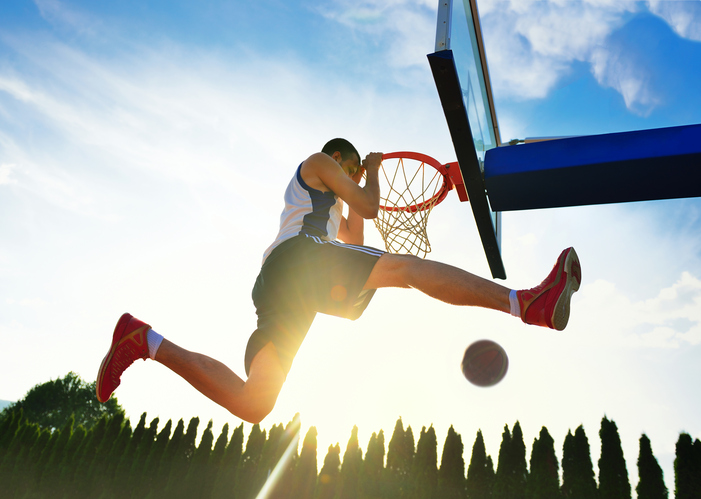On September 4, 2018, University of San Francisco professor, Daniel Rascher, testified as an economist expert on behalf of the college athletes. In his testimony, Rascher likened the NCAA to an illegal “cartel” because to their habitual practice of limiting how much money college athletes could be paid. As we have previously reported, in this particular lawsuit, a class of college athletes are attempting to challenge the existing NCAA amateurism rules and attempting to create an open market for various NCAA schools to compete for top college recruits.
In his testimony, Rascher argued that even though the NCAA changed their compensation rules in 2016 to 2017, the league still saw a $700 million increase in sports revenues. According to Rascher “[w]hen [college] athletes started receiving more money, demand went up. All of these athletes are receiving compensation above the cost of attendance and the market is, in a sense, happy to continue watching them play football and basketball.” The compensation rule changes that Rascher was referring to were forced upon the NCAA because of the O’Bannon decision. In the decision, the court held that the NCAA, and its member schools, had to begin paying college athletes up to the cost of attendance and to offer additional benefits above the cost of attendance.
Rascher’s testimony directly contradicts statements made by the NCAA in their opening statement. According to the NCAA, the “amateurism rules” are fundamental to the NCAA because college students want to see competition for their school by fellow students, alumni and others want to see students compete for the schools they support, and even fans with no particular school connection want to see amateur student competition. Simply put, in their opening statements, the NCAA argued that amateurism defined NCAA sports and removing the amateurism rules would destroy the very essence of the NCAA.

